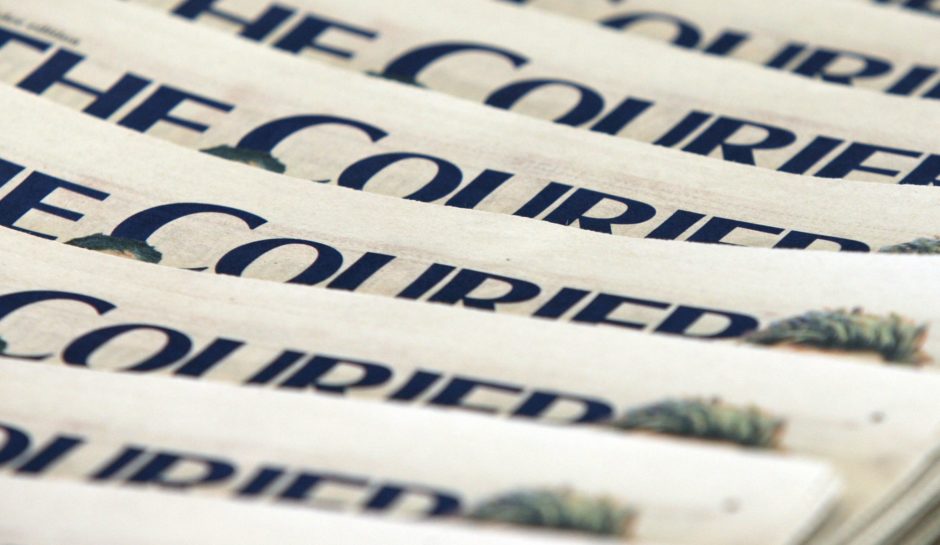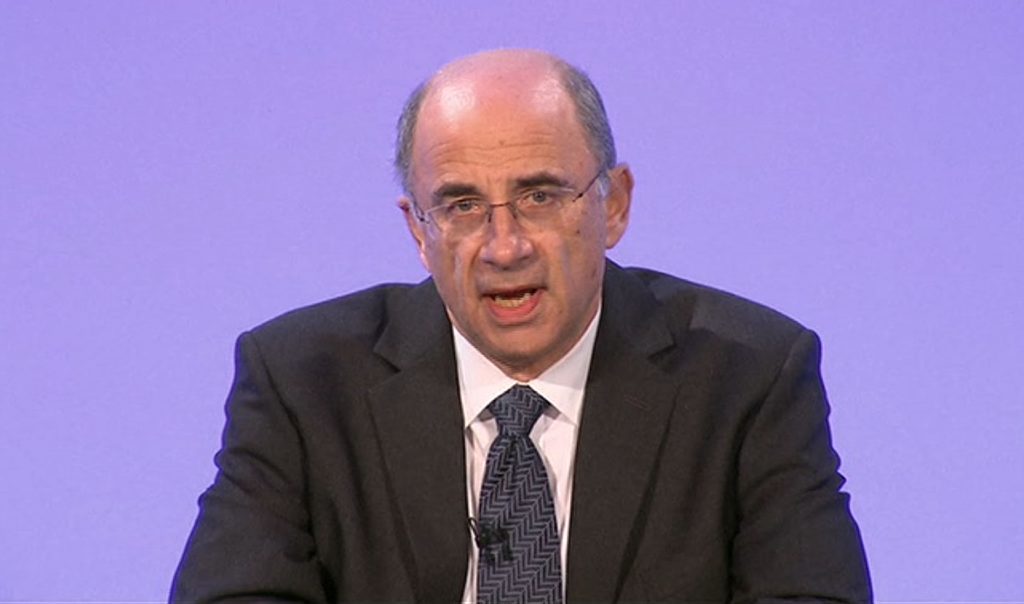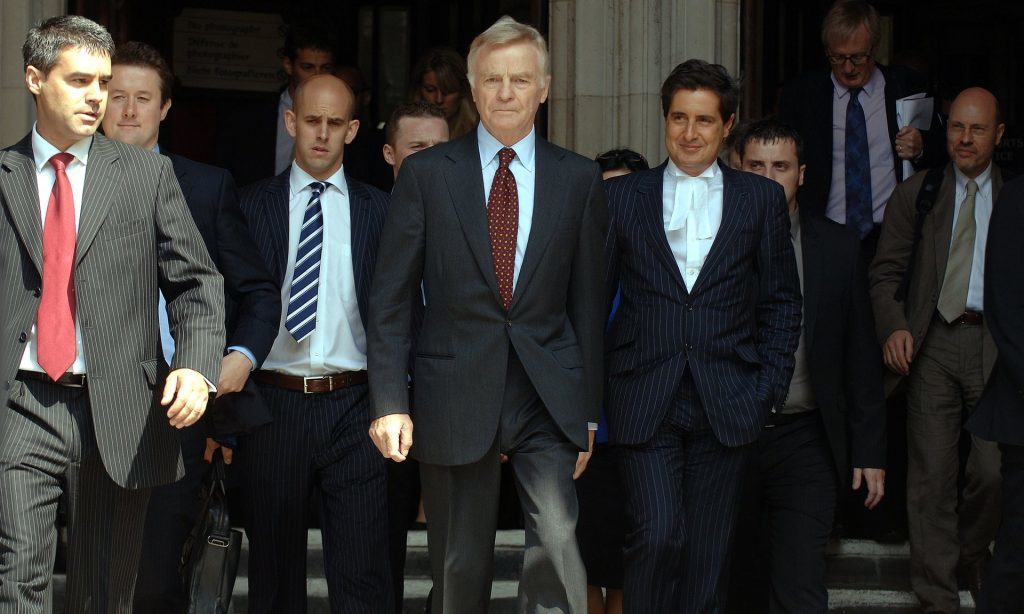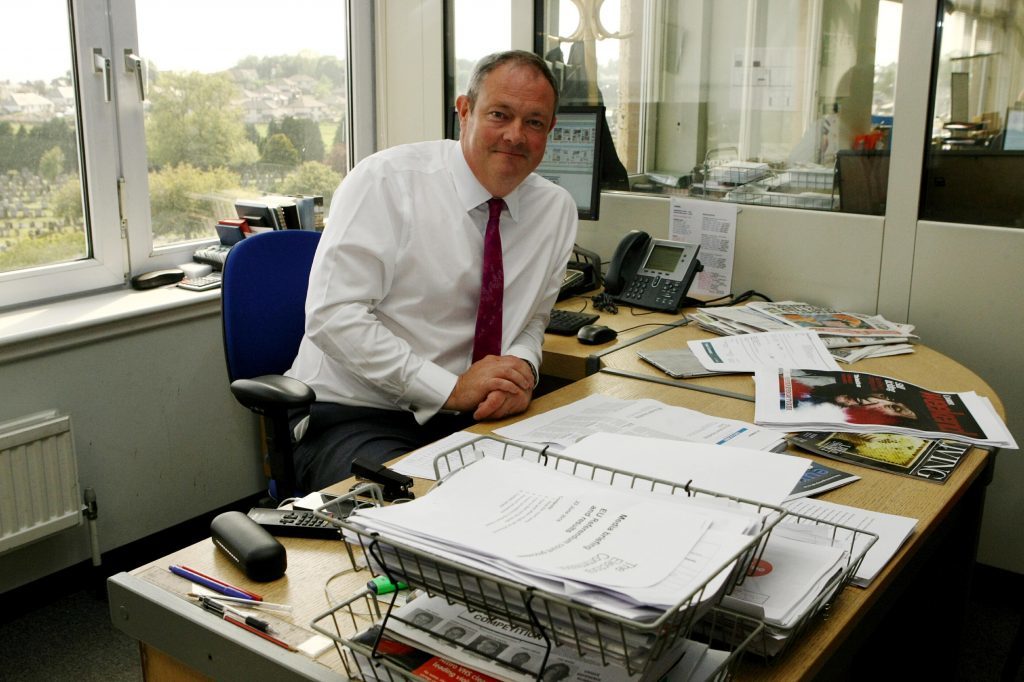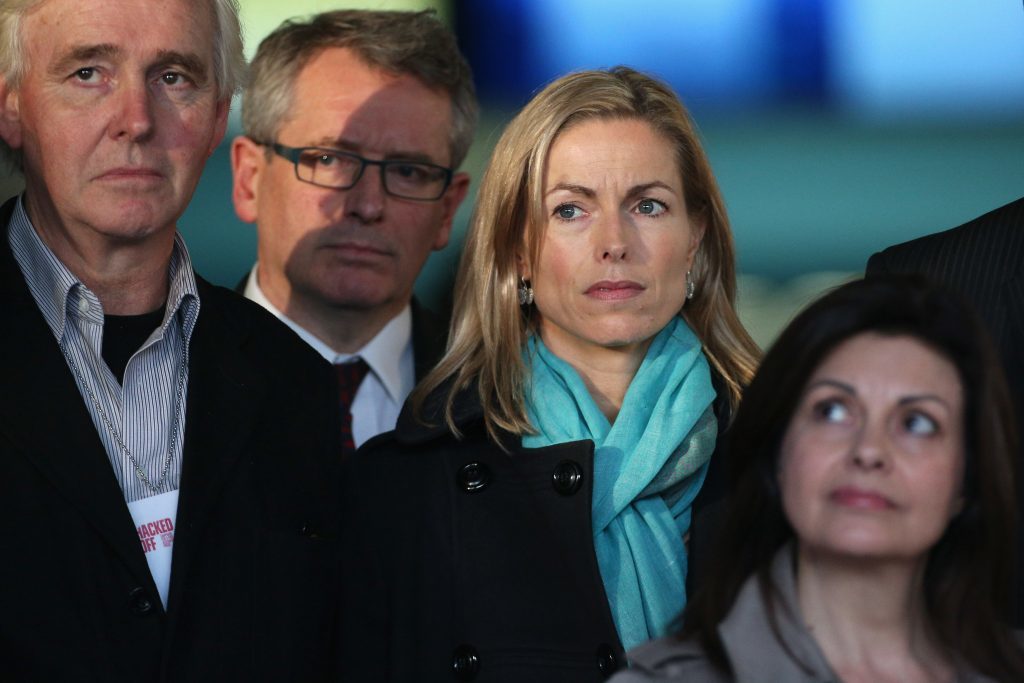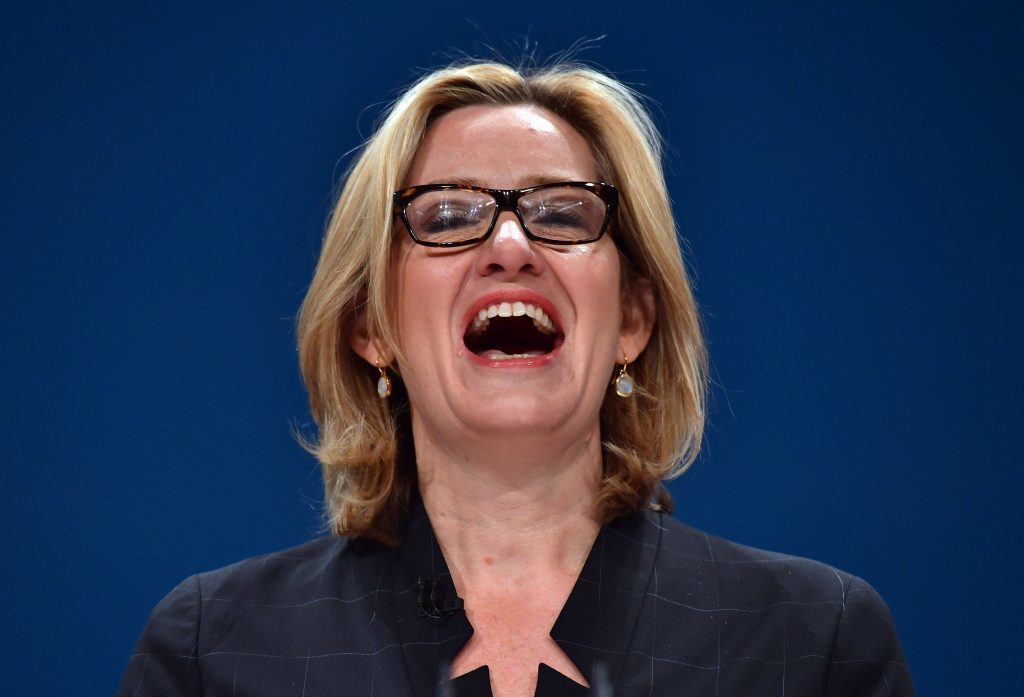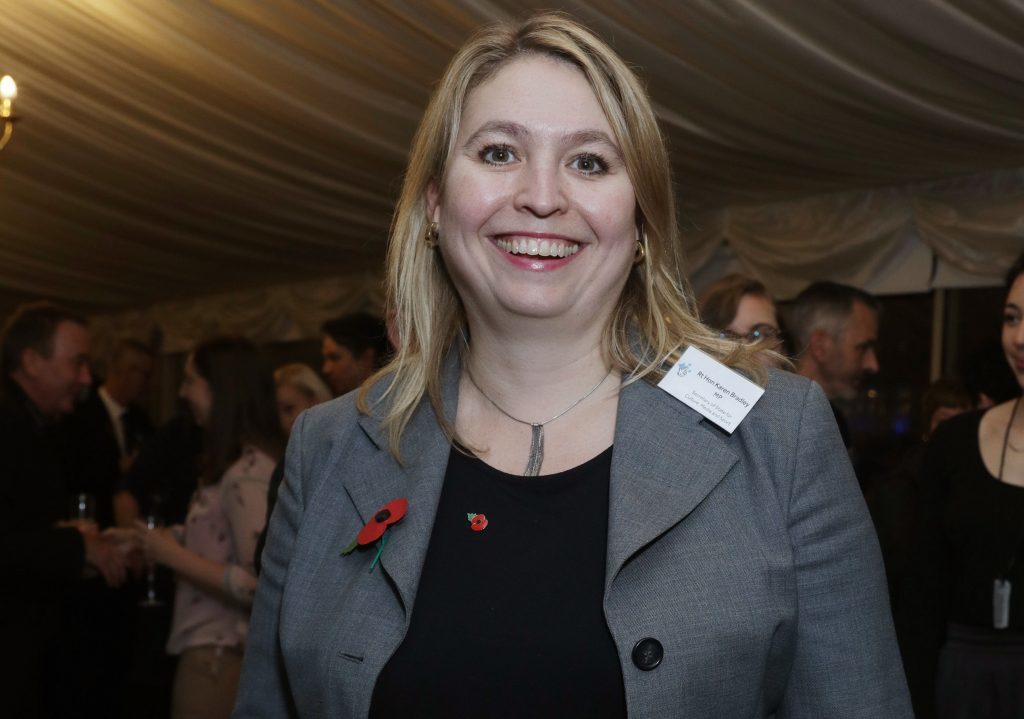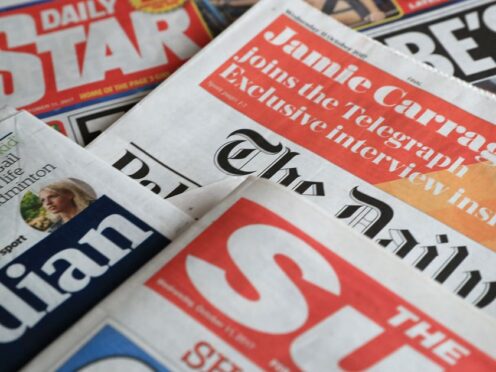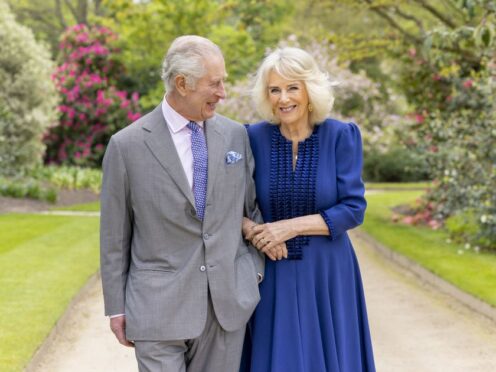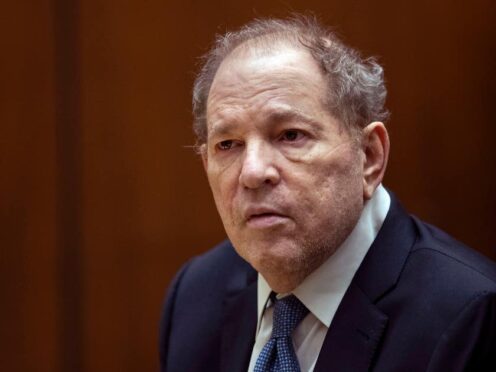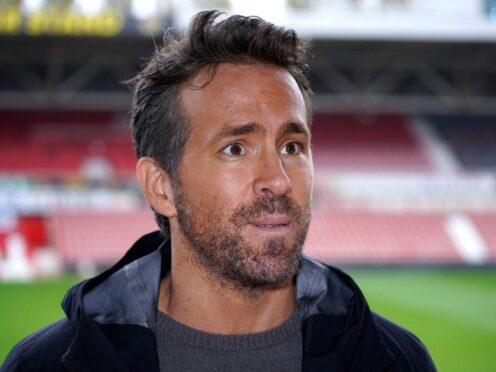As the fallout from the Leveson Inquiry continues, newspaper editors are warning that proposed new libel costs put the very freedom of the press at stake. Michael Alexander reports.
Imagine winning a court case but then being told you have to pay your defeated opponent’s costs.
That is the scenario press bosses are warning of for local newspapers if a controversial new legal requirement goes ahead – though campaigners for victims of press injustice are strongly in support of the measure.
The background is Lord Justice Leveson’s report into the press and phone hacking four years ago, which has since seen some of the biggest changes to press self-regulation in decades, affecting the entire industry.
Recommendations included the creation of a new independent press watchdog free of any influence from the industry and government and the ability of the watchdog to fine press organisations up to £1 million.
The overwhelming majority of the industry, including The Courier, now abides by Ipso (the Independent Press Standards Authority), while a tiny minority uses Impress, funded chiefly by former F1 tycoon Max Mosley.
However, the newspaper industry is now warning of a sting in the tale that could profoundly damage local, regional and national newspapers if enacted – the potential impact of Section 40 of the Crime and Courts Act 2013.
If brought into effect, it would make newspaper publishers liable for the costs of claimants in libel and certain privacy actions, regardless of whether or not they win the case in court.
It’s quite conceivable publishers could win court cases and still end up paying their own and the costs of the losing claimant – going against the usual rule that the loser pays.
Courier editor Richard Neville warned that if implemented it would amount to an unfair and unwarranted attack on the regional press’ right to freedom of expression.
Mr Neville said: “The industry and the NMA (News Media Association) believe that Section 40 represents an unfair and undemocratic attack on free speech which would have a chilling effect on newspapers’ ability to report on matters of public interest.
“This legislation should be repealed immediately in order to avoid causing profound damage to the local and national news media industry.
“The other area the consultation addresses is the Leveson Inquiry which the industry believes should be terminated.”
By contrast, Hacked Off – the pro-Leveson campaign for a “free and accountable press” – has called for Article 40 to be implemented without delay.
It states on its website:” Parliament decided in 2013 that there was a compelling case for the measures provided for in Section 40, and the Prime Minister and his ministers told Parliament and the public that these measures would be put into effect.
“The cost incentives in section 40 are part of a carefully balanced package, recommended by Lord Justice Leveson, supported by all political parties, the public and by Parliament.
“There have been no material changes in the position since March 2013.
“It is wholly inappropriate (and inconsistent with the scheme of the Royal Charter) for the Secretary of State to make any decision as to the independence or effectiveness of IPSO.
“It is not acceptable to any party in the debate on press regulation, for a Government minister to hold an executive “Sword of Damocles” over the press by virtue of a power and discretion to commence section 40 which would sanction or reward some newspapers.
“None of the reasons which the Secretary of State advanced for delaying Section 40 stands up to scrutiny.
“We urge (the Secretary) to proceed with the prompt commencement of Section 40, as Parliament intended and as the Prime Minister promised.”
The Department for Culture, Media and Sport launched consultation on November 1. Individuals and organisations with an interest in press regulation have until January 10 to comment.
The government has received various representations from interested parties since then and says this consultation seeks to better understand the different views being offered and ensure it is engaging with the widest possible audience as it considers next steps.
Culture Secretary Karen Bradley and Home Secretary Amber Rudd said the Government remains “steadfastly committed” to ensuring that the “inexcusable practices” that led to the Leveson Inquiry being established can never happen again.
“A free press is an essential component of a fully functioning democracy,” they said in a statement.
“It should tell the truth without fear or favour and hold the powerful to account. Yet the press has a significant power itself, which it must use responsibly.
“We know that some parts of the press have abused their position in the past – and ignored not only their own Code of Practice but the law.
“These issues are too important not to consult on.”
To access the consultation go to www.gov.uk/government/consultations/consultation-on-the-leveson-inquiry-and-its-implementation
